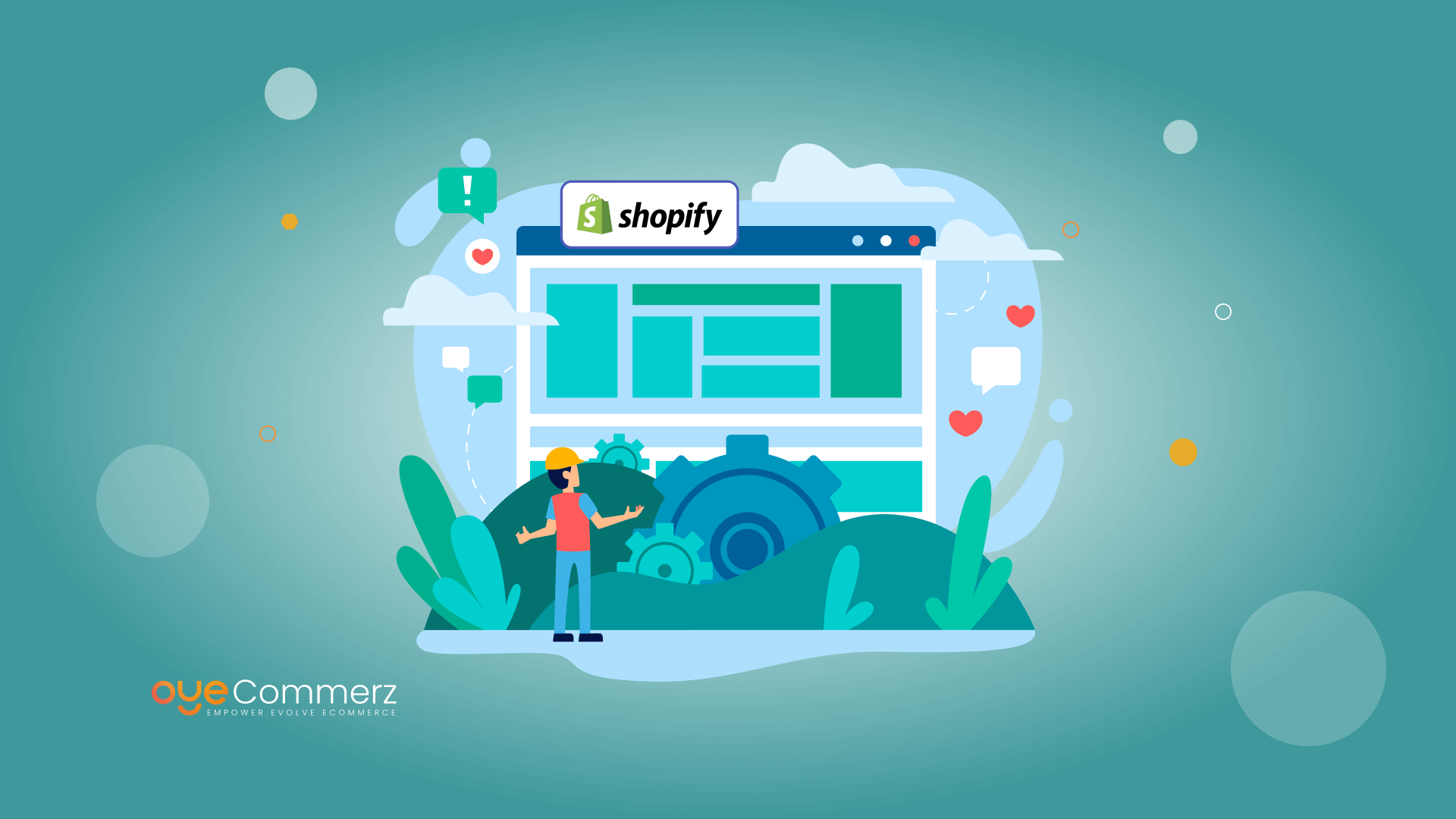Overview
In the current cutthroat e-commerce environment, standing out is essential, and one of the best ways to differentiate a Shopify store is through tailored app development. A well-built Shopify app can boost store functionality, streamline operations, and boost customer engagement. This guide explores key aspects of Shopify app development, covering API integration and app ecosystem to growth techniques and promotion methods, offering a roadmap for companies seeking unmatched store efficiency.
The Importance of Shopify API Integration
Shopify’s API offers robust tools to customize and extend store capabilities. With GraphQL and REST APIs, developers can access data to create apps that manage inventory control, order processing, and customer information management smoothly. Integrating Shopify’s API can enable improved workflow automation and enables stores to assist shoppers more effectively.
Adopting the Polaris Design System
Shopify’s Polaris is Shopify's design system for creating user-friendly and accessible Shopify apps. By following Polaris guidelines, developers guarantee that apps seamlessly integrate within the Shopify Admin experience. This provides a cohesive appearance that resonates with Shopify merchants, promoting ease of use and comfort for merchants using your tailored app.
Understanding the Shopify App Ecosystem
The Shopify app ecosystem offers endless possibilities for enhancing e-commerce sites. From managing fulfillment processes to boosting customer interaction, apps in this ecosystem are tailored to meet diverse business requirements. Familiarizing with this system assists developers in finding unique app ideas and enables seamless integration of third-party services that add value to the store.
Building Embedded Shopify Apps
Embedded apps work seamlessly within the Shopify Admin, providing a smooth interface for merchants. They ensure that merchants don’t have to navigate away from their Shopify dashboard, streamlining their workflow. Employing Shopify App Bridge and embedded app features is recommended for offering a unified, well-integrated user environment.
Leveraging Node.js and React for Shopify Development
The technologies Node.js and React have emerged as ideal tools for Shopify app creation. Node.js enables high-performance back-end services, while React enables interactive and adaptive front-end user Node.js for Shopify interfaces. Together, they offer an strong platform for building fast, scalable Shopify apps that enhance store functionality and customer engagement.
Webhooks in Shopify Apps
Webhooks enable instant data synchronization between Shopify and an external app. They trigger events such as new orders or inventory updates and provide immediate alerts to your app. By utilizing webhooks, apps can provide up-to-date insights for store owners, simplifying processes and boosting productivity.
Engaging Customers Through Digital Marketing for Shopify Apps
To make a Shopify app successful, engaging customers is crucial. Utilizing digital marketing strategies like SEO, email marketing, and social media campaigns can drive app adoption. Additionally, designing apps with customer interaction as E-commerce app development a focus (e.g., loyalty programs or personalized suggestions) increases user retention and satisfaction.
Making Your Shopify App Scalable
As e-commerce stores expand, so do their technological needs. Ensuring that your app can manage higher usage, larger data sets, and more complex functionalities is critical. By optimizing server resources and using scalable solutions, you can create apps that grow in parallel to a store’s growth.
Important Features and Maintenance Tips for Shopify Apps
For an app to be useful, it should include key capabilities like user authentication, analytics dashboard, and support channels. Ongoing app upkeep, including updates to fix bugs and compatibility checks with new Shopify functionalities, is important to maintain continuous operation and prevent disruptions to merchant workflows.
Conclusion
Custom Shopify app development holds vast potential for e-commerce stores, providing the ability to enhance performance, streamline processes, and foster customer loyalty. With API integrations and Node.js to ensuring scalability and customer engagement, creating a Shopify app requires thoughtful preparation and well-planned actions. If you’re ready to unlock your store’s full potential, a custom Shopify app may be the ideal choice. What capabilities do you see for your dream application? Share your ideas and take the first step toward an optimized e-commerce experience!
